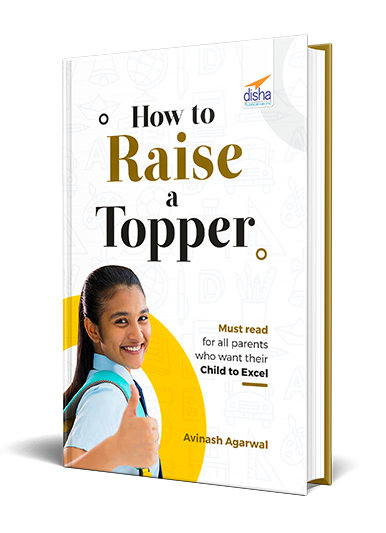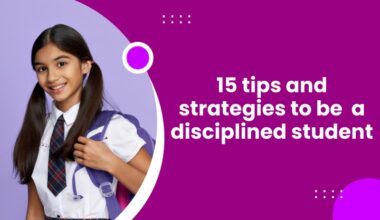Having limiting beliefs is normal. But if you as a parent have limiting beliefs yourself, you are surely passing them on to your kids without being aware of it. As much as you try to teach them what’s right, they will stick to the beliefs they learn from you.
Many parents hold beliefs that undermine their parenting and the behavior of their kids. For most, these limiting beliefs go unnoticed. They wonder why their kid is so unruly; no matter what approach to discipline they take. This only strengthens their limiting beliefs, meaning that the more perplexed, stressed, anxious and angry about their discipline failings they get, the more the kid is going to misbehave. To see the sort of change they want to see, they must change the way they think, before they can begin to change the way their kid behaves.

1. My kids are always naughty
Most of the time, when kids misbehave, we are quick to label them as bad. It might be anything, yelling at a teacher, swearing at their parents, or lashing out at their sibling; they are labelled as “naughty”. However, kids don’t deliberately seek to hurt others. They do it because underneath something is wrong. Usually a happy kid is a well-behaved kid.
Think about this, when adults misbehave, we don’t label them as ‘naughty’ or ‘bad.’ Instead, we say they are stressed because we know the something is wrong underneath. Kids are no different. When we think badly of kids, they pick up on that and in turn, it fuels more bad behaviour in a repeating spiral.
2. Expecting Kids to be on best behaviour all the time
All of us have bad days. Days when we are short on temper, or we don’t feel cooperative. As adults we can all take a mental health day for ourselves and everyone would understand. For kids however, that doesn’t sound possible. We expect them to be perfect all the time. In fact, we expect them to be better than us. All parents expect their kids to never lose their cool, always be polite and respectful and follow every instruction. Those are standards even adults fall short of. We need to realise that that kids are humans too. They have their off days and they mess up. All we need to teach them is how to deal with bad days.
3. Its no use involving kids in any household decisions
As parents we need to consciously think whether we are involving kids in household decisions or not. When kids feel their opinions matter, only then will they start thinking in a responsible manner. You can start from small decisions like, which TV to buy, where to put the new table or where to go on vacation next or if to go at all. You can start small and slow and slowly as they mature you can start involving them in bigger decisions. Two things happen when you start involving your children in household decisions: first, they feel their opinions matter and feel valued. Second, it gives them the confidence to go out and present their opinions in public like at school, in competitions, among friends and others. It all starts at home.
4. My parenting ability is not par.
As parents we are often quick to blame themselves for their kids’ inadequacies or failures. We think we are not cut out for parenting or everything is our fault and we did something wrong. What we fail to realise is that our thinking is the problem. If we continue to think we are no good at parenting we are most likely to produce the very outcome that we do not want. Insecurities and thinking about insecurities produce further insecurities. Having a growth mindset is key. The best way to do it is to change your own internal dialogue. For example, “I feel like I cannot control my temper and handle this but that is only because I have a lot on my plate right now. I can be better.”
5. They need to act how I teach them to, immediately
To grow or create and do it in the right way, takes time. Be it baking a cake, growing a tree, learning a new dance form or raising a puppy, all takes time. Raising little human beings is no different. Children take time, even after reaching adolescence, to display mature behaviour. But we are often impatient with them. We keep expecting them to show mature behaviour immediately after we teach them. And that rarely happens. Effective discipline is about sowing the seeds for the future rather controlling the results today. Just because it is taking time doesn’t mean your efforts are failing.
Discipline starts with self-discipline. Change yourself to change your child!
About The Author
A Gen-Z parent, study skill and Habit coach for students and author of “Toppers’ study hacks”, “Success blueprint for competitive exams” and “How to raise a topper”, Avinash Agarwal has been working in the area of mentoring for over 15 years. Interviews with hundreds of toppers who have cracked different competitive exams have led him to understand the topper mindset. He believes that every child can be a topper and through his sessions aims to teach powerful study strategies and techniques to students so that they can pursue their dreams.



 Useful for all Parents/Teachers
Useful for all Parents/Teachers 




